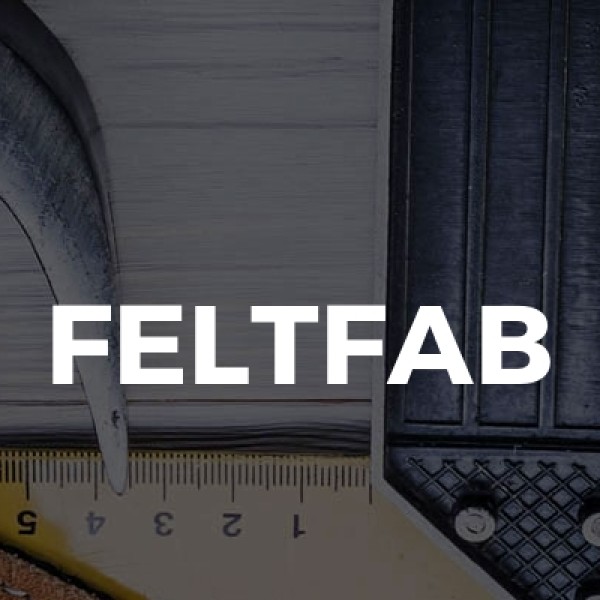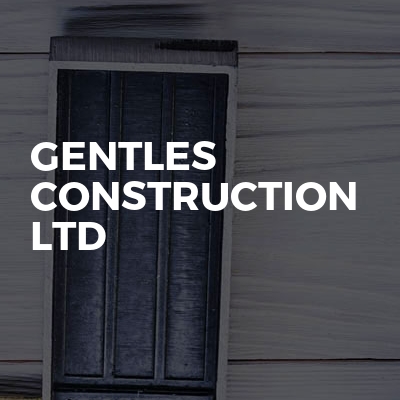Loft Conversions in Blackwood/Coed Duon
Understanding Loft Conversions in Blackwood/Coed Duon
Loft conversions in Blackwood, also known as Coed Duon, are becoming increasingly popular as homeowners seek to maximise their living space without the hassle of moving. This charming town in South Wales offers a unique blend of historical architecture and modern living, making it an ideal location for such home improvements. In this article, we'll explore the ins and outs of loft conversions in Blackwood, providing you with all the information you need to make an informed decision.
What is a Loft Conversion?
A loft conversion is the process of transforming an unused attic space into a functional room. This could be a bedroom, office, or even a playroom. It's a fantastic way to add value to your home and increase your living space. In Blackwood, loft conversions are particularly appealing due to the town's picturesque surroundings and the potential for stunning views from an elevated position.
Benefits of Loft Conversions
There are numerous benefits to converting your loft. Firstly, it can significantly increase the value of your property. According to property experts, a well-executed loft conversion can add up to 20% to the value of your home. Secondly, it provides additional living space without the need for an extension, which can be costly and time-consuming. Lastly, loft conversions can be tailored to your specific needs, offering a versatile solution to space constraints.
Increased Property Value
One of the most compelling reasons to consider a loft conversion is the potential increase in property value. In Blackwood, where property prices are steadily rising, a loft conversion can be a wise investment. By adding an extra bedroom or a home office, you not only enhance your living space but also make your property more attractive to potential buyers.
Additional Living Space
For growing families or those in need of extra space, a loft conversion offers a practical solution. Whether you need an additional bedroom, a quiet office space, or a playroom for the kids, converting your loft can provide the extra room you need without the hassle of moving house.
Customisable Design
Loft conversions offer a high degree of customisation. You can design the space to suit your specific needs and preferences, whether that means installing skylights for natural light, adding built-in storage solutions, or creating an open-plan layout. The possibilities are endless, allowing you to create a space that truly reflects your lifestyle.
Types of Loft Conversions
There are several types of loft conversions to consider, each with its own advantages and suitability depending on your property's structure and your personal preferences. The most common types include dormer, hip-to-gable, and mansard conversions.
Dormer Loft Conversion
A dormer loft conversion is one of the most popular choices in Blackwood. It involves extending the existing roof to create additional headroom and floor space. Dormers are versatile and can be added to most types of homes, making them a practical choice for many homeowners.
Hip-to-Gable Loft Conversion
This type of conversion is ideal for semi-detached or detached houses with a hipped roof. It involves extending the sloping side of the roof to create a vertical wall, resulting in more usable space. Hip-to-gable conversions are particularly popular in areas like Blackwood, where traditional architecture often features hipped roofs.
Mansard Loft Conversion
Mansard conversions are typically more complex and involve altering the entire roof structure. They are often used in terraced houses and can provide a significant amount of additional space. While they may require planning permission, the result is a spacious and aesthetically pleasing addition to your home.
Planning Permission and Building Regulations
Before embarking on a loft conversion in Blackwood, it's essential to understand the planning permission and building regulations that may apply. While some loft conversions fall under permitted development rights, others may require formal planning permission.
Permitted Development Rights
In many cases, loft conversions can be carried out under permitted development rights, meaning you won't need to apply for planning permission. However, there are specific criteria that must be met, such as the height and volume of the conversion. It's important to check with your local council to ensure your project complies with these regulations.
Building Regulations
Regardless of whether planning permission is required, all loft conversions must comply with building regulations. These regulations ensure that the conversion is structurally sound and safe for habitation. Key considerations include fire safety, insulation, and access. Working with a qualified architect or builder can help ensure your conversion meets all necessary standards.
Choosing the Right Contractor
Selecting the right contractor is crucial to the success of your loft conversion. In Blackwood, there are numerous experienced builders and architects who specialise in loft conversions. It's important to choose a contractor with a proven track record and positive customer reviews.
Research and Recommendations
Start by researching local contractors and seeking recommendations from friends or family who have undertaken similar projects. Online reviews and testimonials can also provide valuable insights into a contractor's reliability and quality of work.
Obtaining Quotes
Once you've shortlisted potential contractors, obtain detailed quotes from each. This will help you compare costs and services, ensuring you choose a contractor that fits your budget and requirements. Be wary of quotes that seem too good to be true, as they may indicate subpar workmanship or hidden costs.
Checking Credentials
Before hiring a contractor, verify their credentials and ensure they are fully insured and registered with relevant trade bodies. This provides peace of mind and ensures that your project is in capable hands.
Cost Considerations
The cost of a loft conversion in Blackwood can vary significantly depending on the type of conversion, the size of the space, and the level of customisation required. It's important to set a realistic budget and factor in potential additional costs.
Average Costs
On average, a loft conversion in Blackwood can cost between £20,000 and £50,000. This includes design, labour, materials, and any necessary planning permissions or building regulations. However, costs can vary, so it's essential to obtain detailed quotes and factor in any additional expenses.
Budgeting for Extras
When planning your loft conversion, consider potential extras such as bespoke furniture, additional insulation, or high-end finishes. These can add to the overall cost but may enhance the functionality and aesthetic appeal of the space.
Financing Options
If you're concerned about the cost of a loft conversion, there are several financing options available. These include home improvement loans, remortgaging, or using savings. It's important to explore all options and choose the one that best suits your financial situation.
Designing Your Loft Conversion
The design phase is one of the most exciting aspects of a loft conversion. This is where you can truly personalise the space and create a room that meets your needs and reflects your style.
Maximising Space
When designing your loft conversion, consider how to maximise the available space. This may involve clever storage solutions, such as built-in wardrobes or shelving, and utilising every inch of the room effectively.
Lighting and Ventilation
Lighting and ventilation are crucial elements of a successful loft conversion. Consider installing skylights or dormer windows to maximise natural light and ensure adequate ventilation. This not only enhances the comfort of the space but also creates a bright and airy atmosphere.
Choosing the Right Materials
Selecting the right materials is essential for both the functionality and aesthetics of your loft conversion. Consider durable and sustainable materials that complement the existing style of your home. This may include hardwood flooring, energy-efficient windows, and eco-friendly insulation.
Common Challenges and Solutions
While loft conversions offer numerous benefits, they can also present certain challenges. Being aware of these potential issues and their solutions can help ensure a smooth and successful project.
Structural Limitations
One common challenge is dealing with structural limitations, such as low ceilings or awkward roof angles. Working with an experienced architect can help identify creative solutions, such as raising the roof or incorporating clever design features to maximise space.
Access and Staircase Design
Access to the loft can be another challenge, particularly in older properties. Designing a staircase that is both functional and aesthetically pleasing is essential. Consider space-saving options, such as spiral staircases or compact designs, to ensure easy access without compromising on style.
Ensuring Compliance
Ensuring compliance with building regulations and planning permissions can be complex. Working with a qualified professional can help navigate these requirements and ensure your project meets all necessary standards.
Frequently Asked Questions
- Do I need planning permission for a loft conversion in Blackwood? In many cases, loft conversions fall under permitted development rights, but it's important to check with your local council to ensure compliance.
- How long does a loft conversion take? The duration of a loft conversion can vary depending on the complexity of the project, but most conversions take between 6 to 8 weeks to complete.
- Will a loft conversion add value to my home? Yes, a well-executed loft conversion can significantly increase the value of your property, often by up to 20%.
- Can I convert any loft? While most lofts can be converted, certain structural limitations may require additional work. Consulting with an architect can help determine the feasibility of your project.
- What is the best type of loft conversion for my home? The best type of loft conversion depends on your property's structure and your personal preferences. Common options include dormer, hip-to-gable, and mansard conversions.
- How can I finance my loft conversion? There are several financing options available, including home improvement loans, remortgaging, or using savings. It's important to explore all options and choose the one that best suits your financial situation.
Loft conversions in Blackwood/Coed Duon offer a fantastic opportunity to enhance your living space and add value to your home. By understanding the different types of conversions, planning permissions, and design considerations, you can embark on a successful project that meets your needs and exceeds your expectations. With the right planning and professional guidance, your loft conversion can become a valuable and cherished part of your home.












